 December 25 2024, 08:15
December 25 2024, 08:15 It had been an important 12 months for LGBTQ+ rights around the world – in bad ways as well as good.
While steps in the right direction have been made in some countries, including Estonia legalising same-sex marriage, there’s been a drop in LGBTQ+ equality in other nations, such as Georgia, Kazakhstan, and even the US.
Russia, meanwhile, has continued to be one the most dangerous places for LGBTQ+ people.
Here are some of the countries that regressed on LGBTQ+ rights in 2024.
Georgia
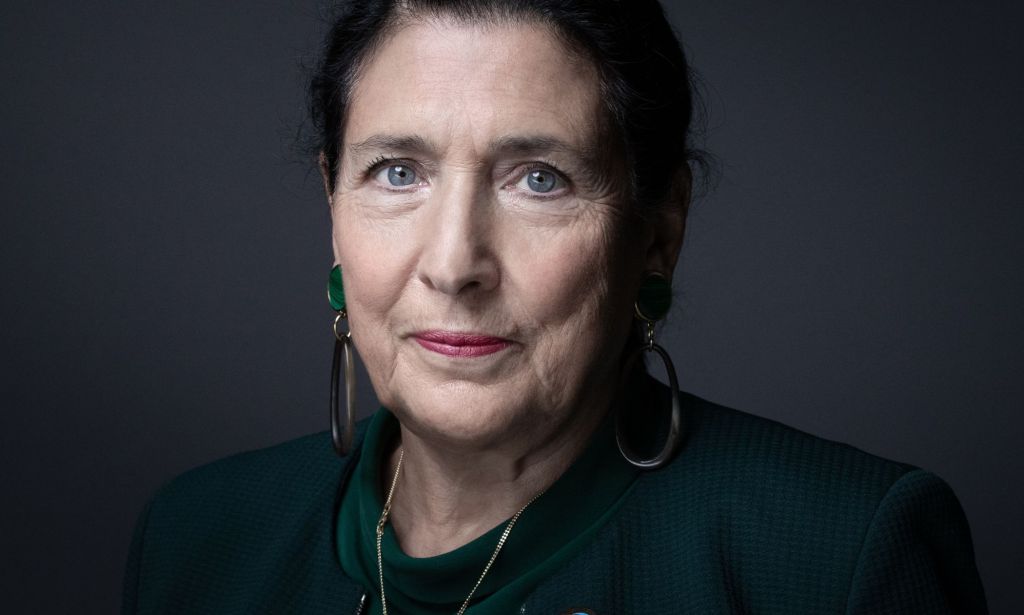
Georgia is one of the nations causing particular concern.
The country implemented a bill – despite president Salome Zourabichvili’s attempt to block it – banning changes to gender on official documents, outlawing gender-affirming care, and placing major restrictions on LGBTQ+ freedom of expression.
The legislation prompted various not-for-profit organisations, including Rainbow Migration, to demand that the UK take Georgia off of its list of safe countries.
Minesh Parekh, policy and public affairs manager at the nonprofit Rainbow Migration, said of Georgia: “There’s widespread evidence of the danger that LGBTQI+ people face in Georgia and the situation has only worsened in recent months.
“It is imperative that the UK government stops using ‘safe states’ designations and ensures people are not returned to unsafe conditions. We are currently supporting LGBTQI+ Georgians who are terrified at the prospect of being sent back to the danger they’ve fled.”
Parekh noted the non-profit’s efforts in supporting Noah, a gay man from Georgia whose family subjected him to abuse over his sexuality, including forcing him to take medication because they believed he “had a demon inside him.”
“Noah was luckily granted refugee status, but many other Georgians could face being sent back to life threatening situations – and we therefore urge the Government to repeal the cruel Illegal Migration Act introduced by the previous government, and guarantee LGBTQI+ people’s safety.”
USA
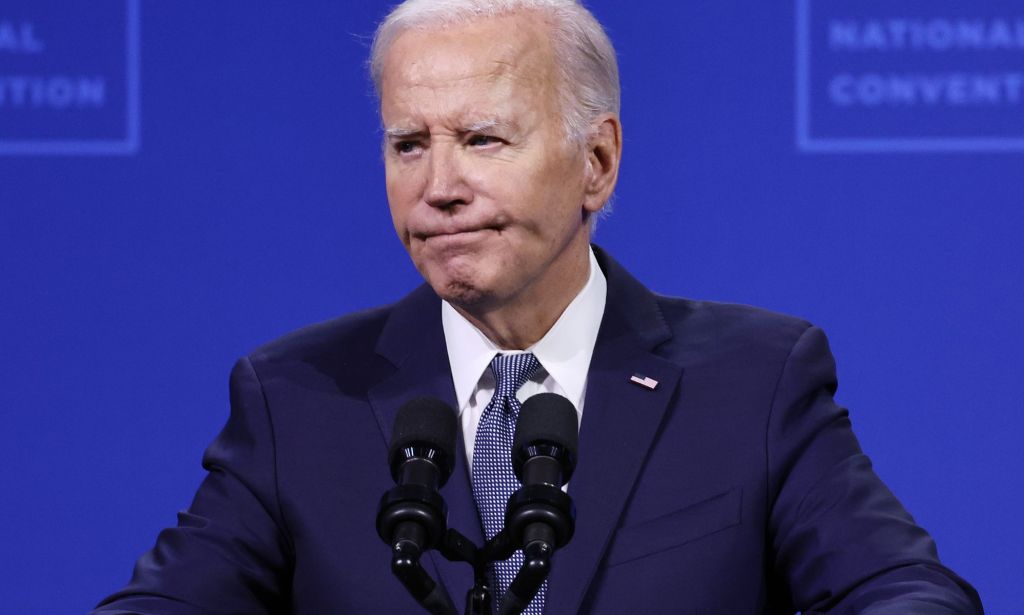
Despite efforts by the present administration to promote LGBTQ+ rights, including hosting one of the biggest Pride events in the White House, and Joe Biden becoming the first sitting president to be interviewed by an LGBTQ+ news publication, the continued onslaught of anti-LGBTQ+ bills tells a different story.
According to the American Civil Liberties Union (ACLU), at least 574 anti-LGBTQ+ bills have been proposed in US legislatures across various states since the beginning of the year – 64 more than the reported number for 2023.
The bills, several of which have passed into law, include curriculum censorship, redefining gender to exclude trans people, and the banning of gender-affirming care for those under the age of 18.
Forty-six of bills have passed into law, while 67 have yet to be debated, and 62 are advancing through congress.
To make matters worse, Donald Trump’s re-election for a second term as president doesn’t bode well for LGBTQ+ people, and one of his top advisors, Elon Musk, has vowed to eradicate what he calls the woke mind virus – and reportedly even wants the ACLU to be “defunded”.
Bulgaria
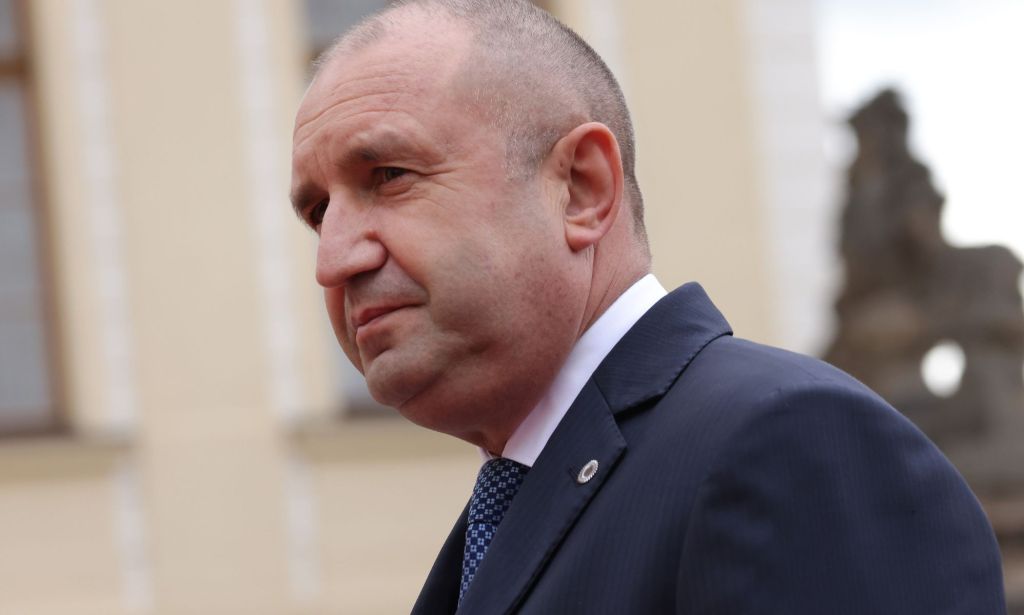
Bulgaria’s track record of LGBTQ+ rights over the past few years has been poor, and the government is continuing its efforts to make things harder for the community.
President Rumen Radev followed in Russia’s footsteps by signing into law a bill prohibiting so-called LGBT propaganda in schools. The legislation was approved by 135 votes to 57 in parliament and took effect in August.
Same-sex marriage, gender-affirming care and the right to legally change gender are all illegal.
Ghana
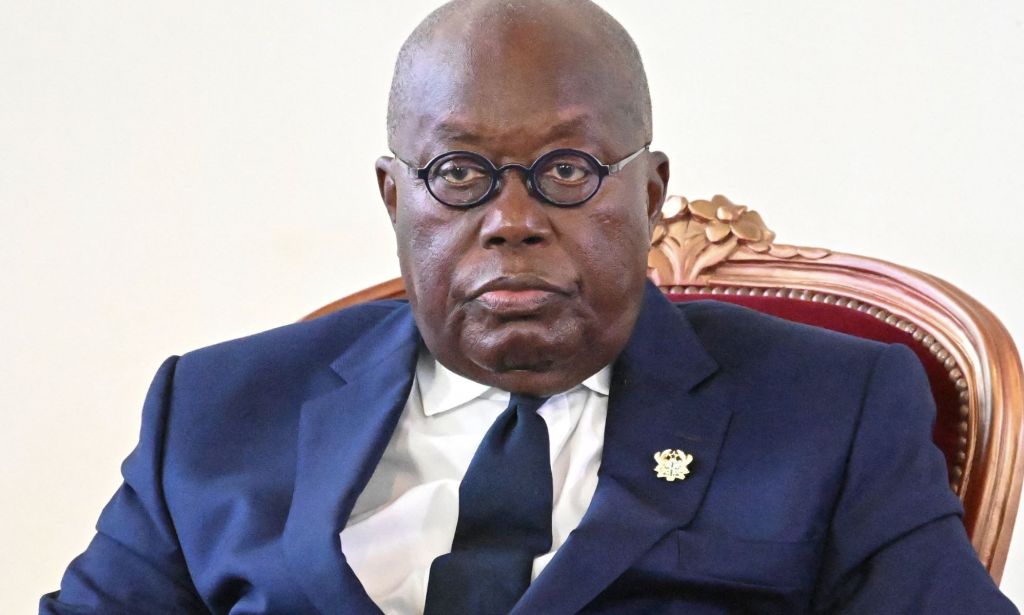
In February, the Ghanaian government approved a sweeping law that outlawed identifying as LGBTQ+ and campaigning for queer rights.
Dubbed the Human Sexual Rights and Ghanaian Family Values Bill, the law imposed a prison sentence of up to three years for those convicted, while anyone found guilty of LGBTQ+ advocacy campaigns aimed at under-18s could face 10 years in jail.
President Nana Akufo-Addo is due to step down following elections last week, having served his permitted two terms. He is set to be replaced by former president John Mahama, after rival, and vice-president, Mahamudu Bawumia conceded defeat.
The outlook for members of the LGBTQ+ community is unlikely to improve much, given that Mahama recently told clergymen that gay marriage and being transgender were against his religious beliefs.
“The faith I have will not allow me to accept a man marrying a man, and a woman marrying a woman,” he said, according to Reuters.
“I don’t believe anybody can get up and say I feel like a man although I was born a woman and so I will change and become a man,” he added.
However, he did not say whether he would sign the bill that would criminalise same-sex relations, being transgender and advocating for LGBTQ rights.
Kazakhstan
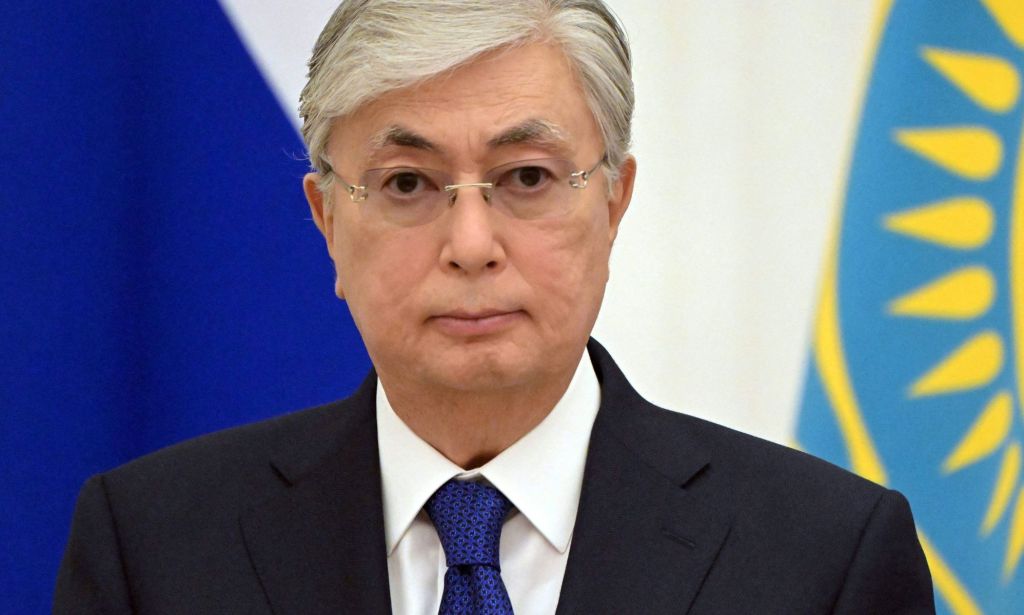
While same-sex sexual activity is legal in the central Asian country, LGBTQ+ people can donate blood, and there is an equal age of consent, gay marriages are not permitted and a large majority of the population don’t see homosexuality as justifiable.
And, in February, Kazakhstan president Kassym-Jomart Tokayev signed into law a ban on adoption for anyone who does not adhere to a “non-traditional” sexual orientation, effectively making it impossible for queer couples to take in a child.
Iraq
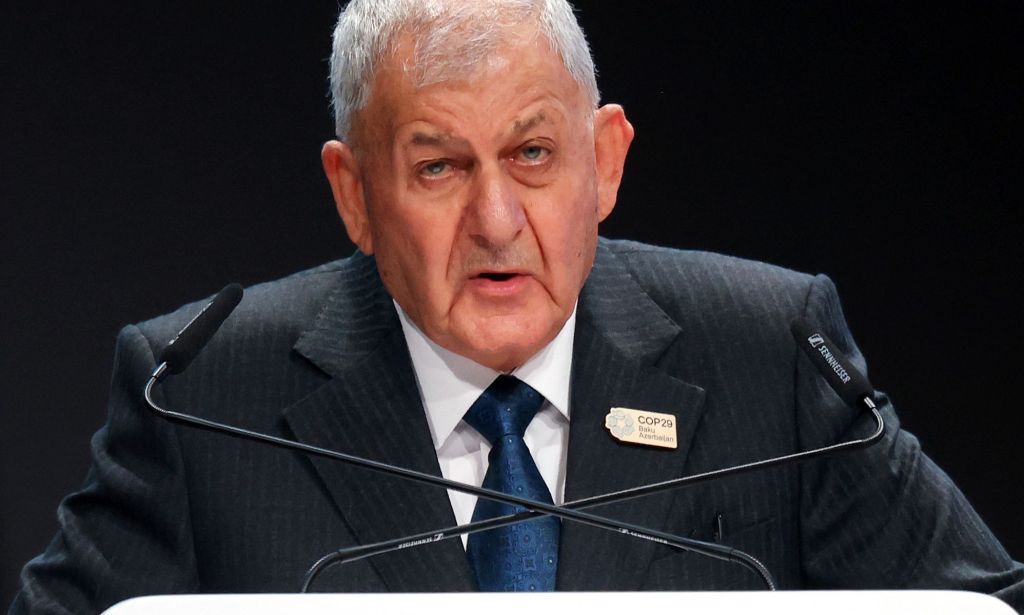
Iraq has long been considered one of the worst countries for LGBTQ+ people. But things became worse this year when homosexuality was codified as illegal.
The law, ratified by president Abdul Latif Rashid in June, specifically criminalised any practice of homosexuality and transsexuality, with a maximum of 15 years in prison for those convicted. The government also made it illegal to change gender markers on documents and banned gender-affirming care.
Human Rights Watch researcher Sarah Sanbar described the law was a “horrific development [and an] attack on human rights”.
United Kingdom
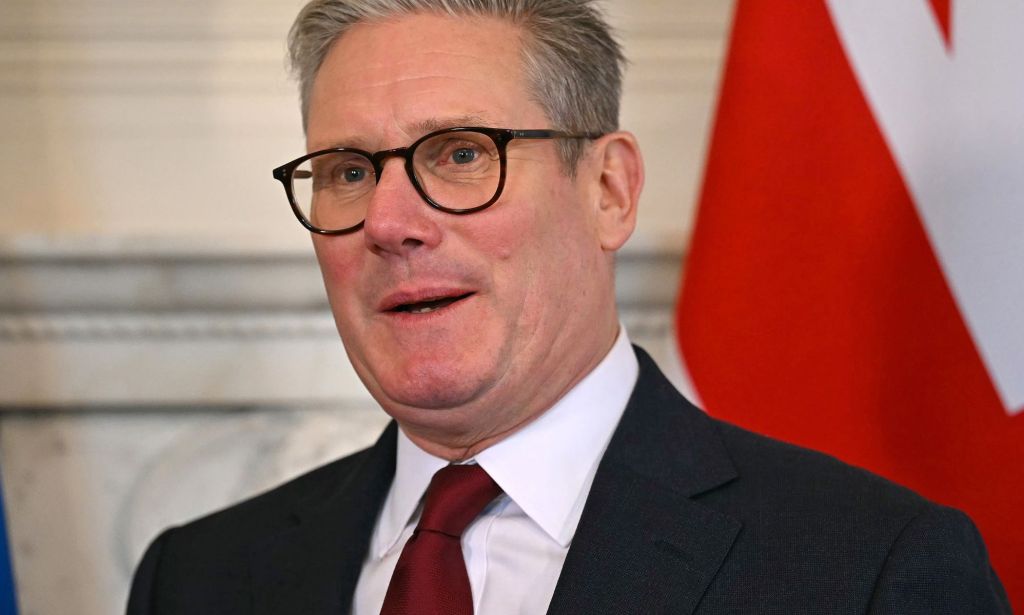
Despite the removal of the transphobic Conservative government in July, LGBTQ+ rights in the UK have not improved.
This was nowhere better represented than in ILGA-Europe’s annual Rainbow Map, which showed that Britain had plummeted the best place in Europe for LGBTQ+ rights in 2015, to sixteenth place today.
That fall wasn’t helped by the new government’s continued animosity towards transgender people. This year, health secretary Wes Streeting, who has said he does not believe trans women are women, extended a ban on puberty blockers for transgender under-18s, despite there being no definitive evidence that they are harmful.
And prime minister Keir Starmer’s record on LGBTQ+ rights is somewhat chequered. Soon after entering Downing Street, he told The Times that women who have not undergone gender confirmation surgery should not be allowed in female-only spaces, including toilets.
“They don’t have that right. They shouldn’t. That’s why I’ve always said biological women’s spaces need to be protected,” he said.
And, according to The Independent, he has said: “I’m not in favour of ideology being taught in our schools on gender.”
Share your thoughts! Let us know in the comments below, and remember to keep the conversation respectful.
The post Countries that regressed on LGBTQ+ rights in 2024, from Iraq to the UK appeared first on PinkNews | Latest lesbian, gay, bi and trans news | LGBTQ+ news.